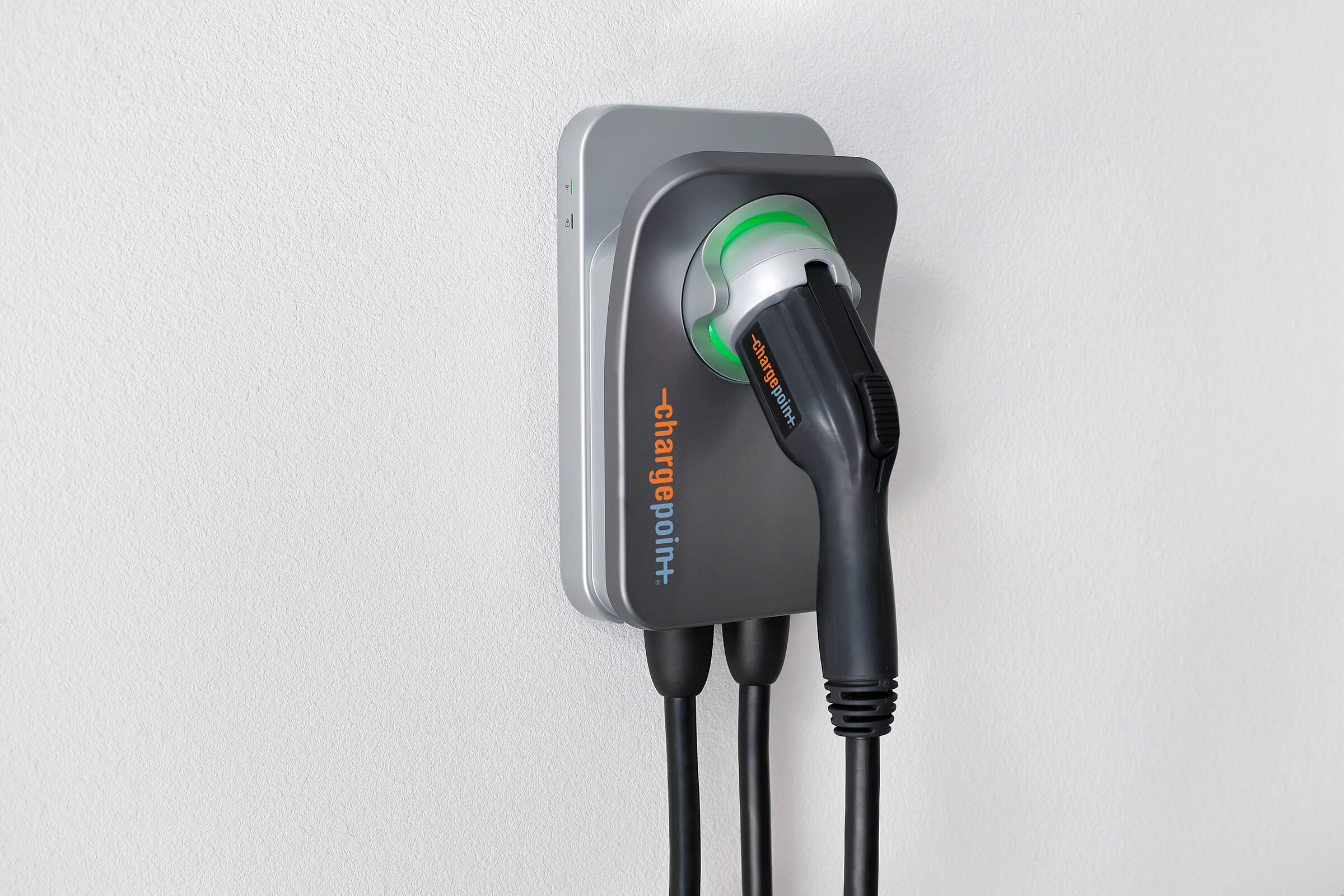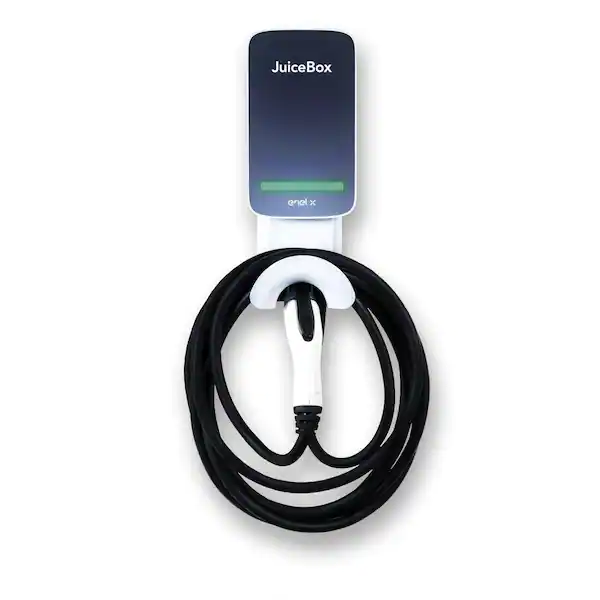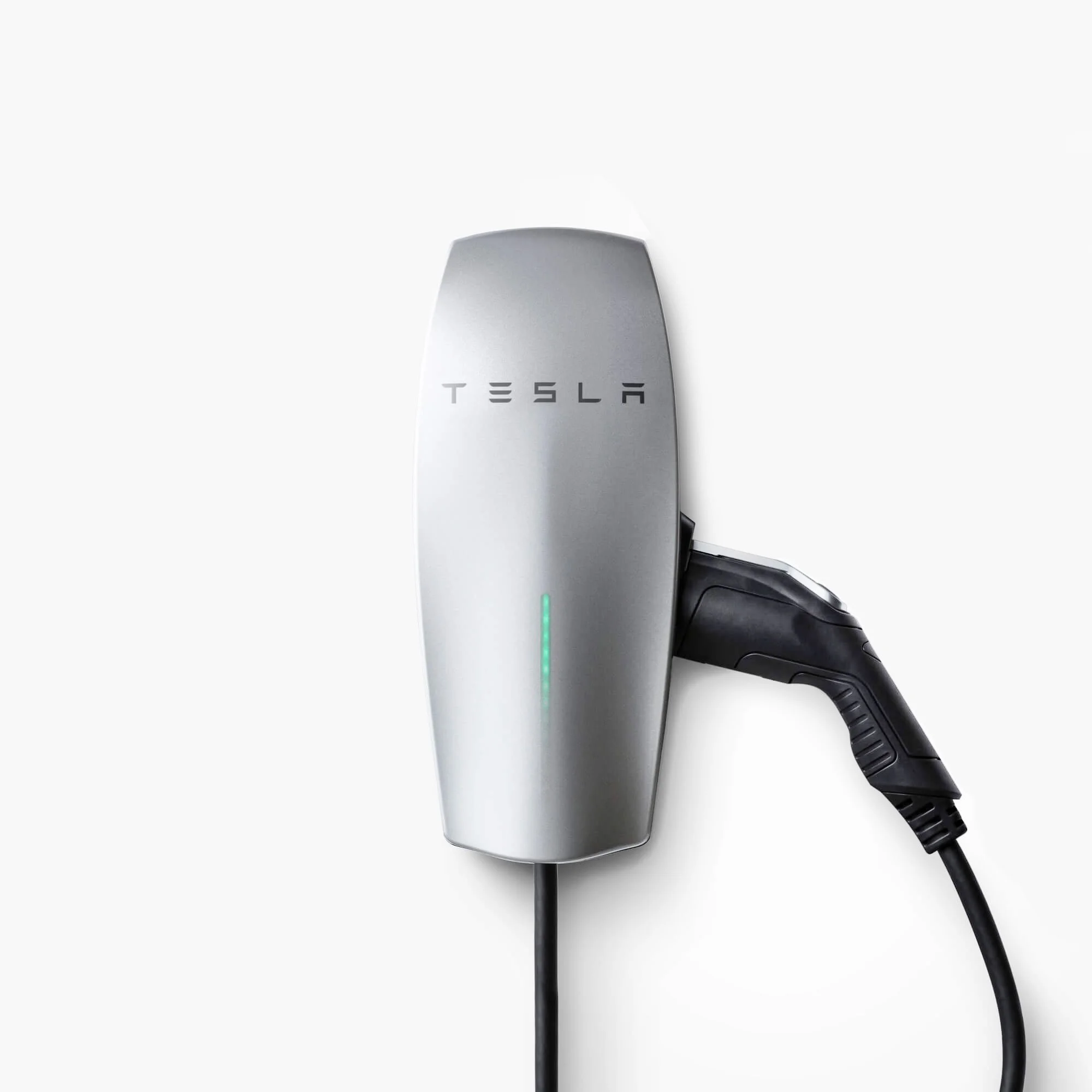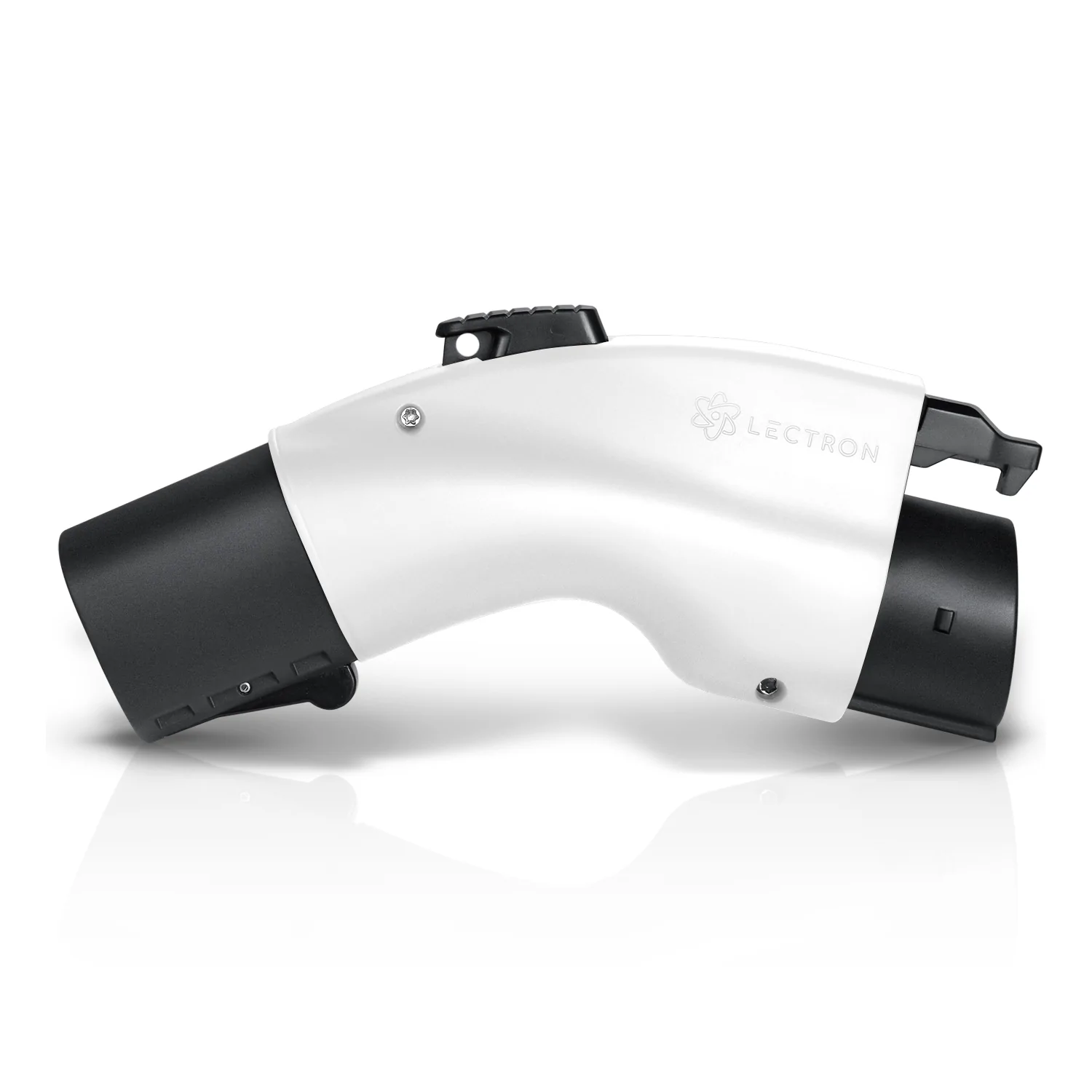
The Fastest Home EV Chargers for 2023
2022 was a notable year for the electric vehicle industry.
We've seen new EVs with features more powerful than the next.
2022 was also a big year for EVSE (electric vehicle supply equipment). With increased power and efficiency, EV chargers are now allowing you to charge up faster and get the most out of your electric vehicle.
While the nationwide network of chargers is growing, it's still not as efficient as refueling gas powered vehicles.
With most EV owners still preferring the convenience of home charging, we're here to help you find out how you can improve your home charging experience.
So, what is the fastest home EV charger you can get in 2023?
Different types of EV chargers explained
If you haven't read our previous blogs about the different types of battery EV chargers, let's have a little recap.
There are three levels of EV chargers:
Level 1 EV chargers
Level 1 charging, also called trickle charging, is the simplest and has the slowest charging speed of the three.
Most electric vehicles come with a Level 1 electric car charger, which you can simply plug into your standard outlet.
It's only capable of 4 to 6 miles of range per hour, which is likely enough for your daily commute.
If you have an electric car with a 200-mile range, it will take around 35 to 50 hours to fully charge.
Level 2 EV chargers
Level 2 chargers are plugged into 220-240-volt outlets that are typically used for washing machines, electric dryers, and other major appliances.
You may also opt for a hardwire installation which can give you a bit more power than the plug in EV charger.
Level 2 chargers are often found in public EV charging stations like in offices, malls, and supermarkets, so you can have your battery topped up while you're grocery shopping.
With a Level 2 EV charger, EV batteries can go from zero to full charge in just under 10 hours.
Level 2 EV chargers are the perfect choice if you want to charge overnight.
DC fast chargers
DC fast charging uses direct current (DC power) instead of alternating current.
A fast charger delivers DC power directly to your car, with up to 400-900V of maximum power.
Depending on your car's battery capacity, this can charge your unit from zero to 80% in just under 30 minutes!
All electric vehicles sold in North America (with the exception of Tesla/NACS) use the Combined Charging System connector for DC charging.
For models like the Nissan Leaf, the CHAdeMO plug is used.
How to charge an electric car at home?
Most electric vehicles come with a Level 1 EV charger which you can easily plug into your standard wall outlet.
While convenient, it's very slow and can take days to top up your EV battery.
If you want to make the most out of home charging, you'd want to install a Level 2 charging station in your garage.
But first, you'll have to assess your home's readiness.
Find out if your home’s electrical grid can handle the added burden of car charging. Most residential electrical systems are not created with EV charging in mind.
One hint that you need electrical upgrades is when your electrical panel doesn’t have any room for an additional circuit breaker.
Installation costs of EV chargers vary based on where you live and how complicated the installation process is.
If you park right next to an electrical panel and you want to install a charger just a few feet away, installation, including permitting could cost around $500. The total cost of installing one will go higher if your electrical panel needs upgrading.
If you need an electrical service upgrade, expect to shell out an average price of $5,000 to $8,000.
Installing an electric vehicle charger at home comes with other perks aside from the convenience.
Yes, the upfront costs may be higher but you will be saving money in the long run.
How?
For one, there's the Federal tax credit, which essentially returns 30% of the cost of hardware and installation, up to $1,000 if you install a home EV charging station.
There's also the Time of Use rates, which offer lower electricity rates during off peak hours.
What is the best home EV charger?
Here are some of the Best EV chargers in the market today:
-
Lectron V-Box.
The best EV charger in terms of power and price is the Lectron V-Box, which comes in two versions: the 40 Amp and the 48 Amp.

This Level 2 home EV charger allows you to adjust your desired amp setting from as low as 16 Amps and has high as 48 amps - providing has much as 46 miles of range per hour. It has a NEMA 14-50 plug and a 20-foot cord length. And with an IP55 rating, the Lectron V-Box is perfectly safe for outdoor use. It is also much more affordable compared to the rest of the chargers in the list - giving you the most bang for your buck.
-
ChargePoint Home Flex.
ChargePoint has one of the biggest networks of EV charging stations in the country. And its 50-amp Home Flex is similar in operation to its public chargers.

It can either be hardwired into a 240-volt circuit or plugged into an existing 240-volt outlet. It has a 23-foot cable which gives you more installation options. It's one of the few smart chargers with Wi-Fi connection. Its major downside though is its price tag, setting you back almost $900.
-
JuiceBox 40
JuiceBox is one of the few chargers that has Wi-Fi connectivity. This Level 2 charging unit has a 32-amp version, 40-amp version, and a 48-amp version that matches the Tesla Wall Connector. It has an adjustable output level from as low as 6 amps. At $699, it is still significantly more expensive than the Lectron V-Box.

-
The Grizzl-E Classic.
The Grizzl-E Classic may not have the smart charging features but it has an outdoor safety lock that's proven to be useful for those without an enclosed garage. It comes with two 24-foot cables for simultaneously charging two electric cars. You even have the option of a dedicated Tesla plug instead of the standard J1772. It has United Chargers' three-year warranty which gives users the option to test EV chargers and have the manufacturer cover the full cost of the replacement should they find any defects.
-
Tesla Wall Connector.
If you have a Tesla vehicle, the Tesla Wall Connector is still the best EV charger for home charging. But even if you have a non Tesla EV, you can still enjoy 48-amp charging using a Lectron Tesla to J1772 adapter.


Which home EV charger is right for you?
While all of these suggestions are great, choosing the right EV charger for your home ultimately boils down to how you want it to be installed, how much power you need, and how much you're willing to spend.
If you're looking for the best home EV charging station with the most bang for your buck, go for the Lectron V-Box. It's quite a bit cheaper compared to the other options, and can provide up to 46 miles of range for most EVs.
If you're an EV owner who only care about charge speed and willing to pay extra for extra features, the ChargePoint Home Flex is your best option.
And if you're a previous Tesla owner who has an existing Wall Connector in your garage, stick to it and use an adapter like the Lectron Tesla to J1772 adapter to charge your non-Tesla EV.
Why should I install an EV charger at home?
Installing an EV charger at home has its perks, the topmost being convenience - ridding the pain of public charging stations from your routine.
With tax breaks given to those who would install a home charger and special electricity rates during off peak hours, you're effectively saving more money charging at home than at public charging stations.
FAQs
Are all EV home chargers the same?
No, not all EV home chargers are the same. While they may be similar when it comes to charging speed, some have extra features that the others don't. Case in point, Wi-Fi connectivity.
Which is the best charger for electric cars?
This will depend on a few factors including your driving habits, how you want it to be installed, how much power you need, and how much you're willing to spend. If we're talking solely about convenience, any Level 2 EV charger can do the job. It's significantly faster than a Level 1 charger but lesser complicated than a DC fast charger.
Can you buy a DC fast charger for home?
No, DC fast charging requires special facilities to operate and a residential home's electrical grid is not designed for rapid charge.
How long it takes to fully charge an electric car?
This will depend on your charger and your car's total range. Let's say you have a standard 200-mile range EV. It will take around 35 to 50 hours to fully charge using a Level 1 charger. With a Level 2 charger, it will take under 10 hours. And with a DC charger, it will take just under an hour to fully charge.
Can you install a DC fast charger at home?
No, DC fast chargers require specialized and powerful equipment to operate. Aside from its high cost, a residential area's electrical grid is not designed for such powerful charging.
What is the fastest home electric car charger?
A 240-volt Level 2 charger like the Lectron V-BOX is the fastest way to charge an EV at home.
